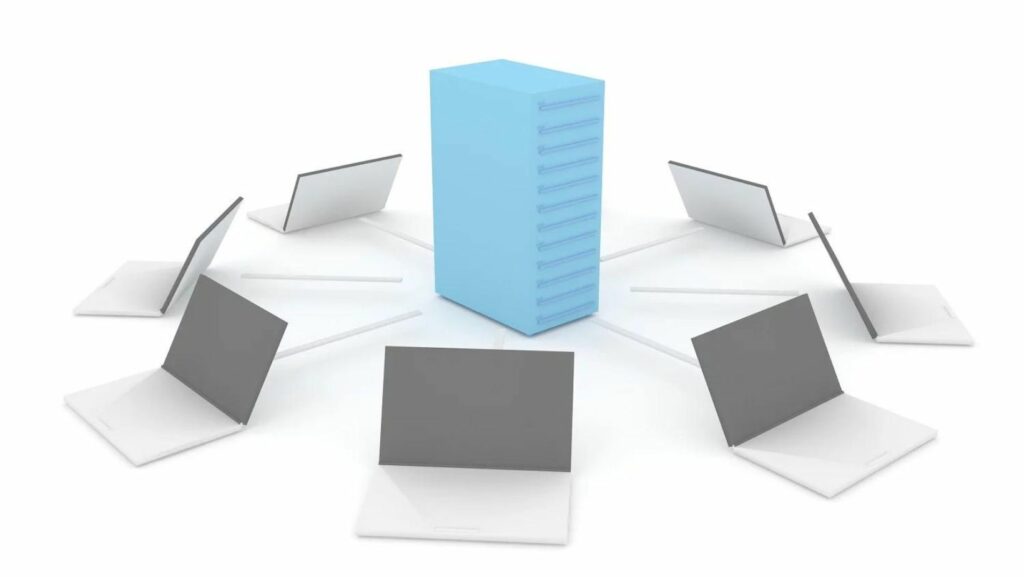
File Server Software

Navigating the digital landscape efficiently requires robust file server software that can securely store, manage, and share data across networks. As an expert in the tech industry, I’ve witnessed the pivotal role that reliable file server software plays in enhancing productivity and streamlining operations for businesses of all sizes. Whether it’s facilitating seamless collaboration or ensuring data integrity, the right file server software can be a game-changer in today’s fast-paced digital world.
In this article, I’ll delve into the key features and benefits of file server software, shedding light on how it empowers organizations to optimize their data management strategies. From enhancing data accessibility to improving workflow efficiency, the impact of choosing the right file server software cannot be overstated. Join me as we explore the transformative capabilities of modern file server solutions and unlock the full potential of your data infrastructure.
Types of File Server Software

In client-server file systems, a central server manages and stores files while clients access these files over a network. It’s a common setup in organizations where multiple users need to access, share, and modify files centrally. This system ensures security, as access to files can be controlled centrally, and backups can be managed efficiently. An example of client-server file system software is Microsoft Windows Server.
Peer-to-peer file systems allow direct sharing of files between individual devices without the need for a central server. Each device on the network can both share and access files, promoting decentralized file management. While it offers flexibility and scalability, peer-to-peer systems may lack centralized security and control. Popular peer-to-peer file server software includes BitTorrent and Gnutella.
Key Features of Effective File Server Software
Scalability and Performance

When it comes to file server software, scalability and performance are crucial aspects that can significantly impact operations. Scalability refers to the software’s ability to handle growing amounts of data and users without compromising performance. It’s essential that the software is capable of scaling seamlessly as the organization’s needs expand. This ensures that the file server can accommodate increased file storage requirements and user access without experiencing slowdowns or bottlenecks. I prioritize file server software that offers robust scalability features, allowing for smooth operations even in high-demand scenarios.
In terms of performance, efficient file server software should provide fast access to files and data for users across the network. Performance optimization is key to ensuring that file transfers, access times, and overall system responsiveness meet business requirements. It’s vital to choose file server software that is optimized for speed and can deliver reliable performance under various workloads. I always look for software solutions that are designed to maximize performance efficiency to enhance productivity and user satisfaction.
Security Measures
Security is paramount when selecting file server software to protect sensitive data and prevent unauthorized access. Effective security measures are essential for safeguarding files, documents, and other critical information stored on the server. Robust encryption protocols, access controls, and authentication mechanisms are vital components of a secure file server software solution. I prioritize software that offers comprehensive security features, including data encryption at rest and in transit, role-based access controls, and audit trails to monitor file access and modifications.
Additionally, proactive security measures such as intrusion detection systems and regular security updates are crucial for mitigating potential threats and vulnerabilities. I always ensure that the file server software I choose adheres to industry standards for data security and compliance requirements. By implementing stringent security measures, organizations can minimize the risk of data breaches and unauthorized access, safeguarding their valuable information assets effectively.
Commercial File Server Options
When looking for robust file server software solutions, businesses often turn to commercial options that offer comprehensive features and reliable support. One of the top choices in this category is Microsoft Windows Server, known for its scalability, advanced security measures, and seamless integration with other Microsoft products. Companies trust Windows Server for its user-friendly interface and robust performance in handling large volumes of data.
